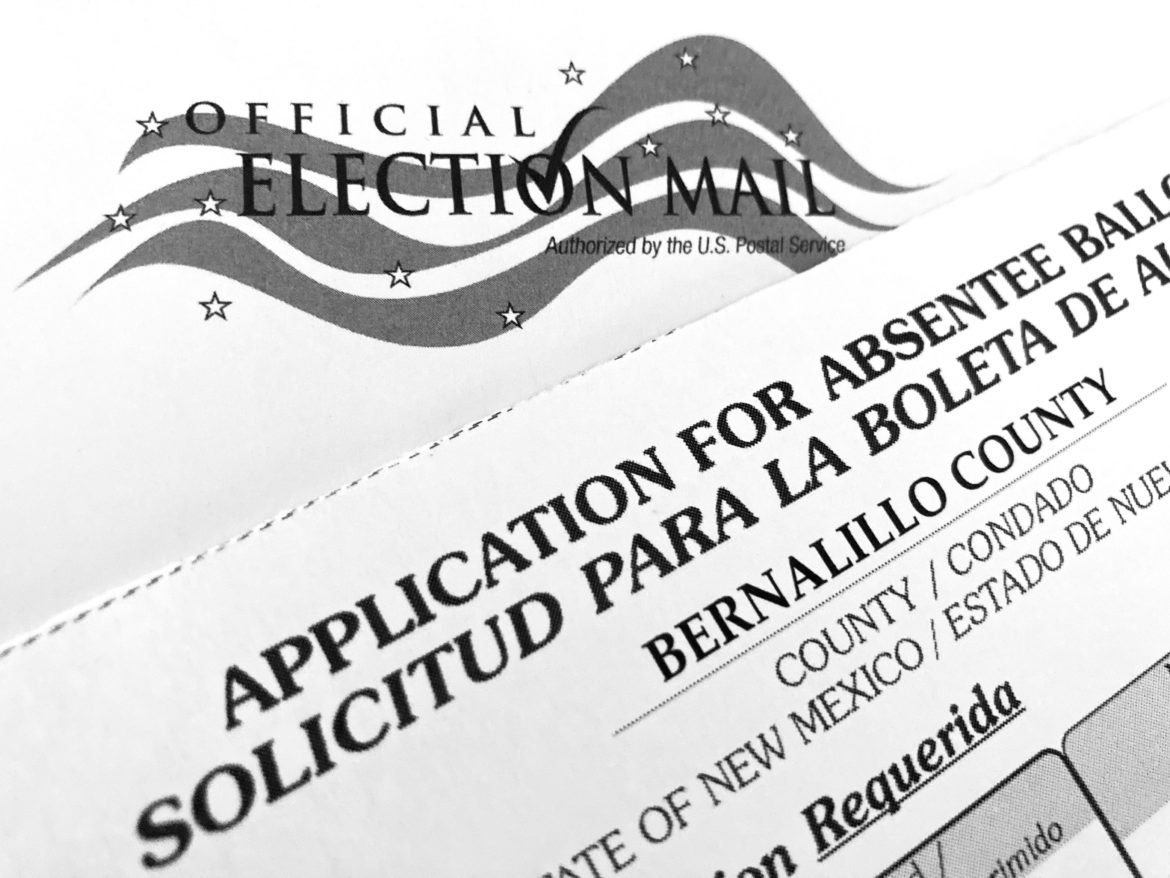2020 Election
Nonprofit groups put new independent expenditure law to the test
|
After a decade-long effort, New Mexico lawmakers passed new campaign reporting requirements in 2019 to force nonprofit groups, which can spend money on political campaigns without registering as political committees, to disclose their spending as well as the names, addresses, and contribution amounts of their donors who fund such “independent expenditures.”
Outside campaign spending by groups or individuals not affiliated with a particular campaign have long been a target of reformers seeking to rein in the influence of money on politics. Without disclosure, nonprofits can spend unlimited amounts of “dark money” without the public knowing where the money comes from. In 2020, two nonprofit groups immediately put the new law to the test by refusing to disclose donors despite enforcement efforts by both the Secretary of State and the New Mexico State Ethics Commission. “I’m not at all surprised,” said Sen. Majority Leader Peter Wirth, D-Santa Fe, who championed the transparency measure for a decade. “Anytime you’re trying to rein [dark money] in, you know, there’s going to be groups that are going to push the limits.”
The challenges by the nonprofit groups represent a key test for both the law itself and for the enforcing power of the state’s newly created ethics commission, also established in 2019 after several decades of ongoing debate and setbacks.Approved by voters and given powers by the Legislature, the commission can subpoena records and enforce state statutes that cover campaign spending, lobbying, and government conduct.







